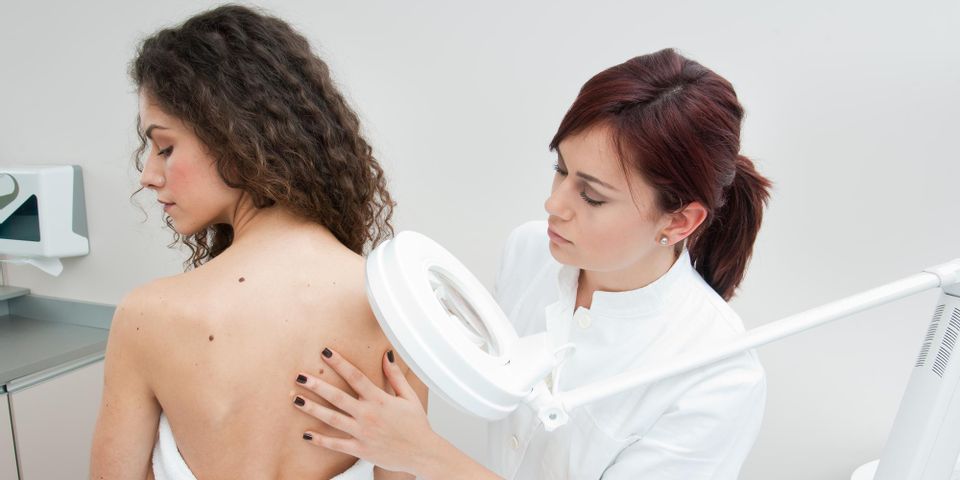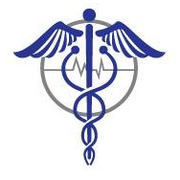
Skin tags are small growths that, at first, can seem concerning. They can appear almost anywhere, including the eyelids, groin, and armpits. They vary in size, shape, color, and texture, and many people first mistake them for cancer and other serious skin conditions. They’re almost always harmless, luckily. Below, you’ll find everything you need to know, including treatment options you can seek at a medical clinic.
Understanding Skin Tags
What Are They?
Skin tags are benign outgrowths attached to the top layer of skin by a stalk. They usually develop when skin rubs together, which is why they’re common in the armpits, beneath the breasts, and around skin folds.
 Being overweight is a risk factor since there’s increased skin-to-skin contact. You’re more likely to develop them as you age, and they may also be genetic. Pregnant women may also develop them in the second trimester due to hormonal changes. Diabetics may gain some as part of a condition called acanthosis nigricans.
Being overweight is a risk factor since there’s increased skin-to-skin contact. You’re more likely to develop them as you age, and they may also be genetic. Pregnant women may also develop them in the second trimester due to hormonal changes. Diabetics may gain some as part of a condition called acanthosis nigricans.
In most cases, skin tags aren’t painful. They may be skin-colored or light-brown and can be smooth or wrinkled. They can be as small as 1 mm or as large as a grape.
Are They Dangerous?
It’s extremely rare that skin tags are related to cancer. They’re not considered a medical emergency. They may be irritating depending on their location, and many people seek treatment for cosmetic reasons.
How Are They Treated?
If you do visit a medical clinic, the physician may take a sample of the skin tag and have it examined to rule out all possibilities of cancer. There are several in-office removal options, including freezing the tag with liquid nitrogen, cutting it, or burning it off. A local or topical anesthesia will be administered to reduce pain.
 If you’re looking for a medical clinic in the Keller, TX, area, contact Superior Urgent Care. This practice offers a wide scope of services ranging from emergency care to family medicine and pre-employment physicals. They take a personalized approach to each patient. Call (817) 576-4050 to speak with their staff. You can visit their website to learn more about their facilities and capabilities.
If you’re looking for a medical clinic in the Keller, TX, area, contact Superior Urgent Care. This practice offers a wide scope of services ranging from emergency care to family medicine and pre-employment physicals. They take a personalized approach to each patient. Call (817) 576-4050 to speak with their staff. You can visit their website to learn more about their facilities and capabilities.
About the Business
Have a question? Ask the experts!
Send your question

